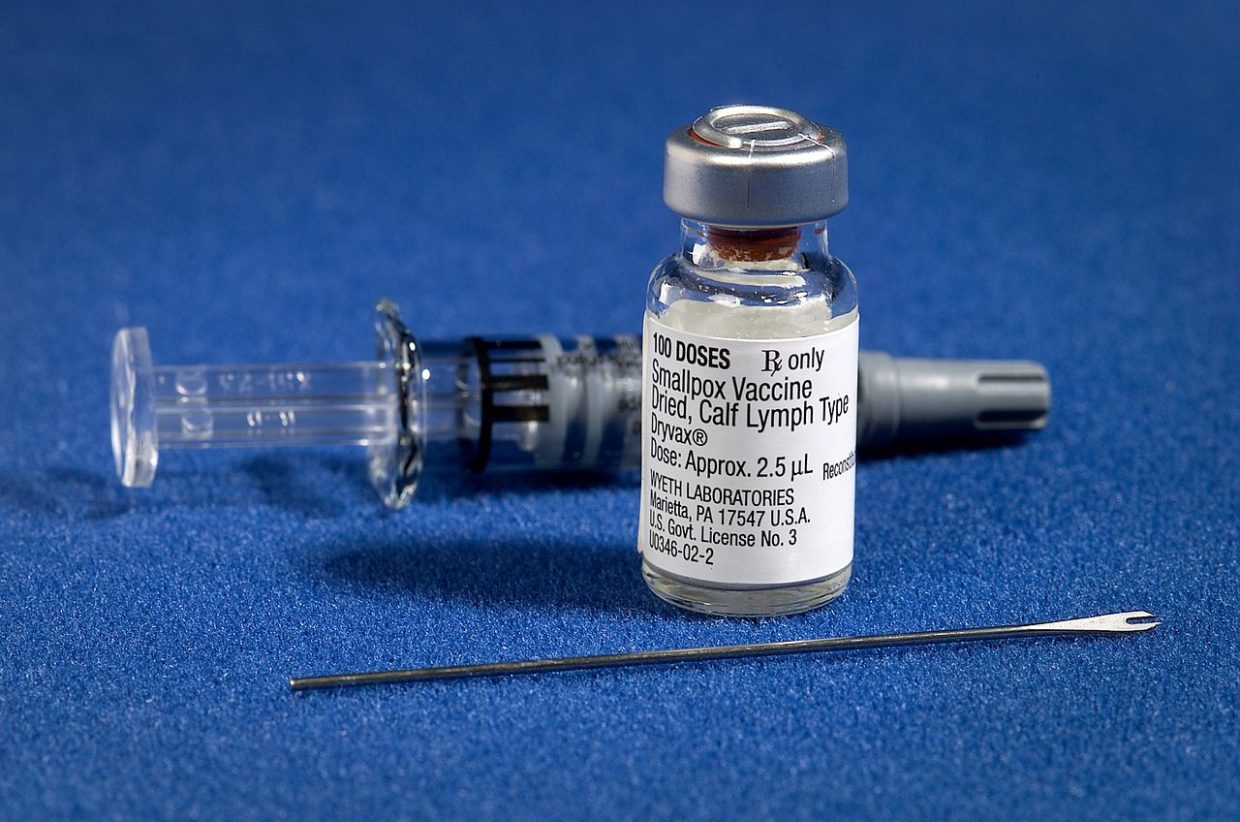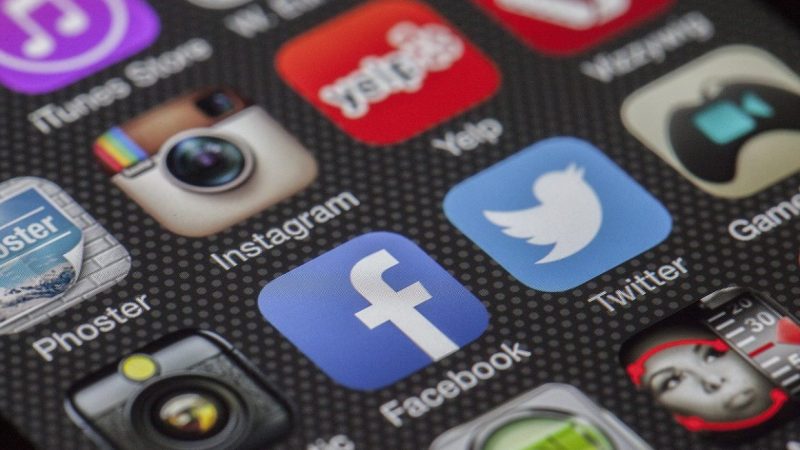Vaccines Save Lives: 10 Crucial Reasons to Get Vaccinated

Vaccination is one of the most effective tools we have to protect against serious diseases. Despite significant medical advancements, many vaccine-preventable illnesses continue to pose a threat both in the United States, Europe and worldwide. By staying informed and ensuring timely vaccinations, we can safeguard our health and contribute to the well-being of our communities. Here are 10 compelling reasons why getting vaccinated is crucial for everyone.
1. Vaccine-Preventable Diseases are Still a Threat
Vaccine-preventable diseases have not disappeared. Viruses and bacteria that lead to serious health issues still exist and can easily spread to individuals who are unvaccinated. Despite the reduced prevalence of many preventable diseases around the world, the global nature of travel allows these illnesses to re-emerge. In Europe, there have been several outbreaks of diseases like measles in recent years, especially in areas with low vaccination coverage.
2. Maintaining Health Through Vaccination
The Centers for Disease Control and Prevention (CDC) and the European Centre for Disease Prevention and Control (ECDC) advocate for vaccination at every stage of life to safeguard against various infections. In Europe, diseases like pertussis, influenza, and HPV-related cancers are also key health concerns that can be mitigated with vaccination.
3. Vaccines: A Key Component of Overall Health
Just as proper nutrition and regular exercise are essential for good health, vaccines play a crucial role in disease prevention. In Europe, vaccination programs are considered one of the most cost-effective public health interventions, saving thousands of lives every year.
Related: Inside mRNA: The Molecule at the Heart of Vaccines
4. Vaccinations Can Save Lives
Vaccine-preventable diseases can be fatal. Before the onset of the COVID-19 pandemic, around 50,000 adults in the U.S. succumbed to diseases that vaccines could have prevented each year. In Europe, measles outbreaks in 2018 alone led to 37 deaths, a reminder that vaccination can make the difference between life and death.
5. Safety of Vaccines is Rigorously Assured
The United States has a stringent approval process to ensure that all authorized vaccines meet safety standards. Similarly, in Europe, the European Medicines Agency (EMA) oversees vaccine safety and effectiveness, ensuring that vaccines meet high standards. Any potential side effects are rare and significantly less severe than the illnesses that vaccines are designed to combat.
6. Vaccines Do Not Cause Diseases
Vaccines contain either inactivated or weakened forms of the viruses they protect against, eliminating the possibility of contracting the disease from the vaccine itself. This is true for vaccines in both the U.S. and Europe, where rigorous testing and monitoring are in place.
7. Serious Illness Can Affect Anyone
While infants and older adults are at higher risk for serious complications, vaccine-preventable diseases can affect individuals of any age, including the young and healthy. Maintaining up-to-date vaccinations helps ensure that you stay healthy. In Europe, influenza vaccination campaigns are especially focused on protecting vulnerable groups like the elderly and those with chronic health conditions.
8. The Financial Burden of Vaccine-Preventable Diseases
The impact of these diseases extends beyond individuals and families to society as a whole, costing over $10 billion annually in the U.S. Similarly, in Europe, the cost of managing vaccine-preventable diseases is significant, particularly during outbreaks of diseases like measles, which require substantial healthcare resources and lead to work and school absences.
9. Family and Community Protection
Adults are the primary carriers of pertussis (whooping cough), which poses a serious risk to infants. Staying current with vaccinations not only protects yourself and your family but also safeguards community members who cannot be vaccinated. In Europe, public health initiatives focus heavily on “herd immunity,” aiming to protect those who are most vulnerable by ensuring high vaccination rates across populations.
10. Community Responsibility
Every year, millions of adults in the U.S. fall ill due to vaccine-preventable diseases, leading to missed workdays and challenges in caring for those who rely on them, including children and elderly parents. In Europe, the annual burden of vaccine-preventable diseases like influenza results in hundreds of thousands of hospitalizations and millions of lost workdays. Getting vaccinated helps maintain a healthy community environment across both continents.
Vaccination is a vital measure for protecting individual and public health. It is important to stay informed and up to date with your vaccinations to not only safeguard your own health but also the health of those around you.
Also Read: COVID-19’s Unconventional Seasonal Patterns






